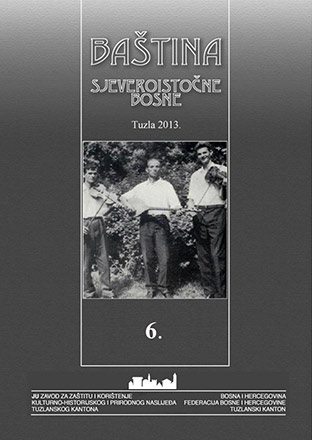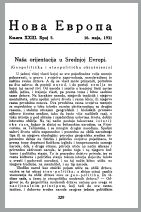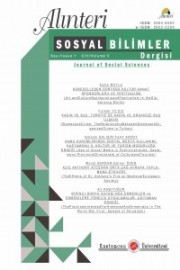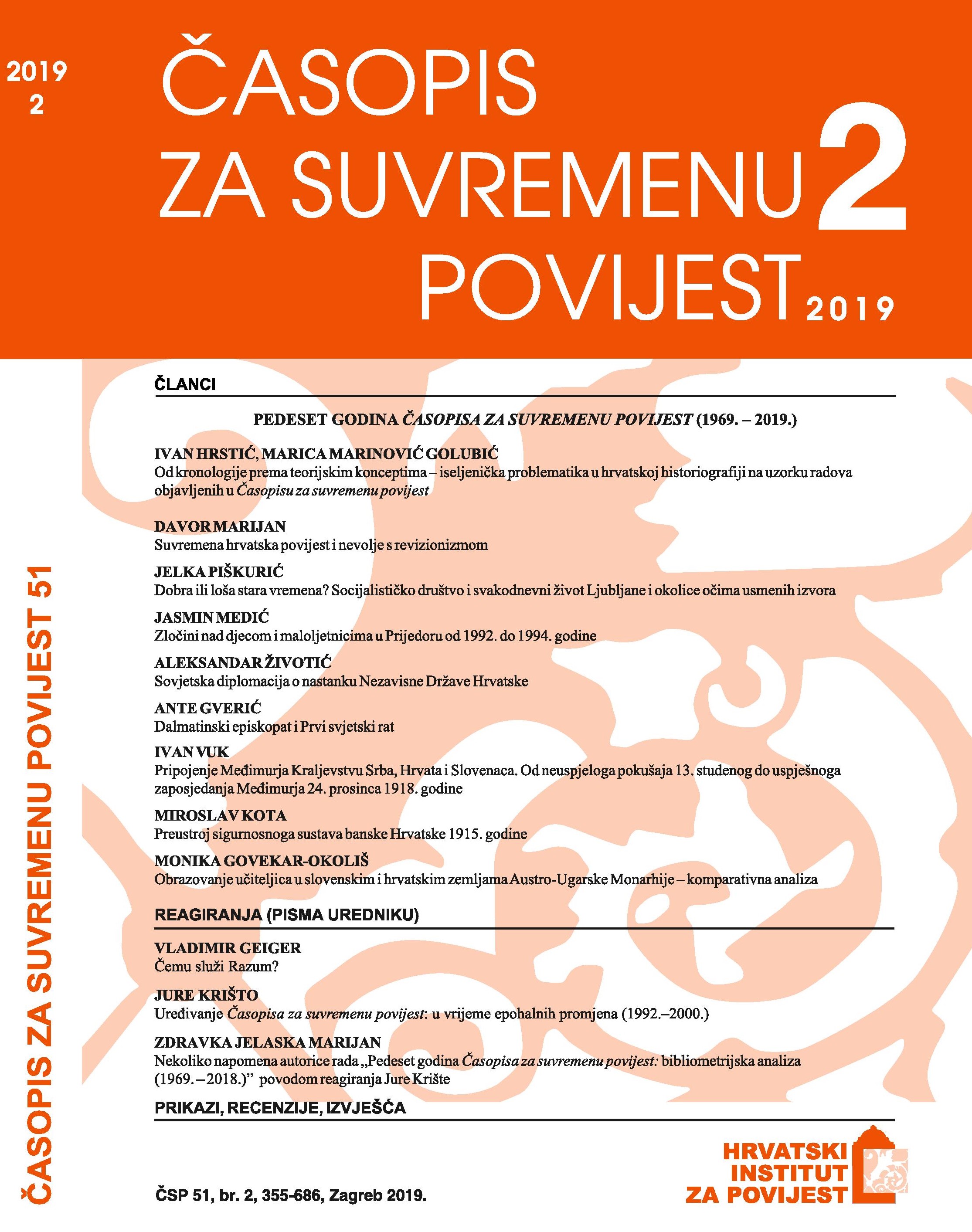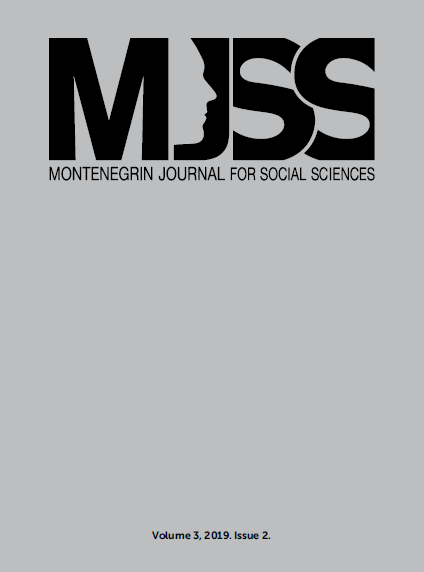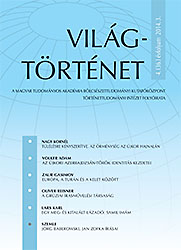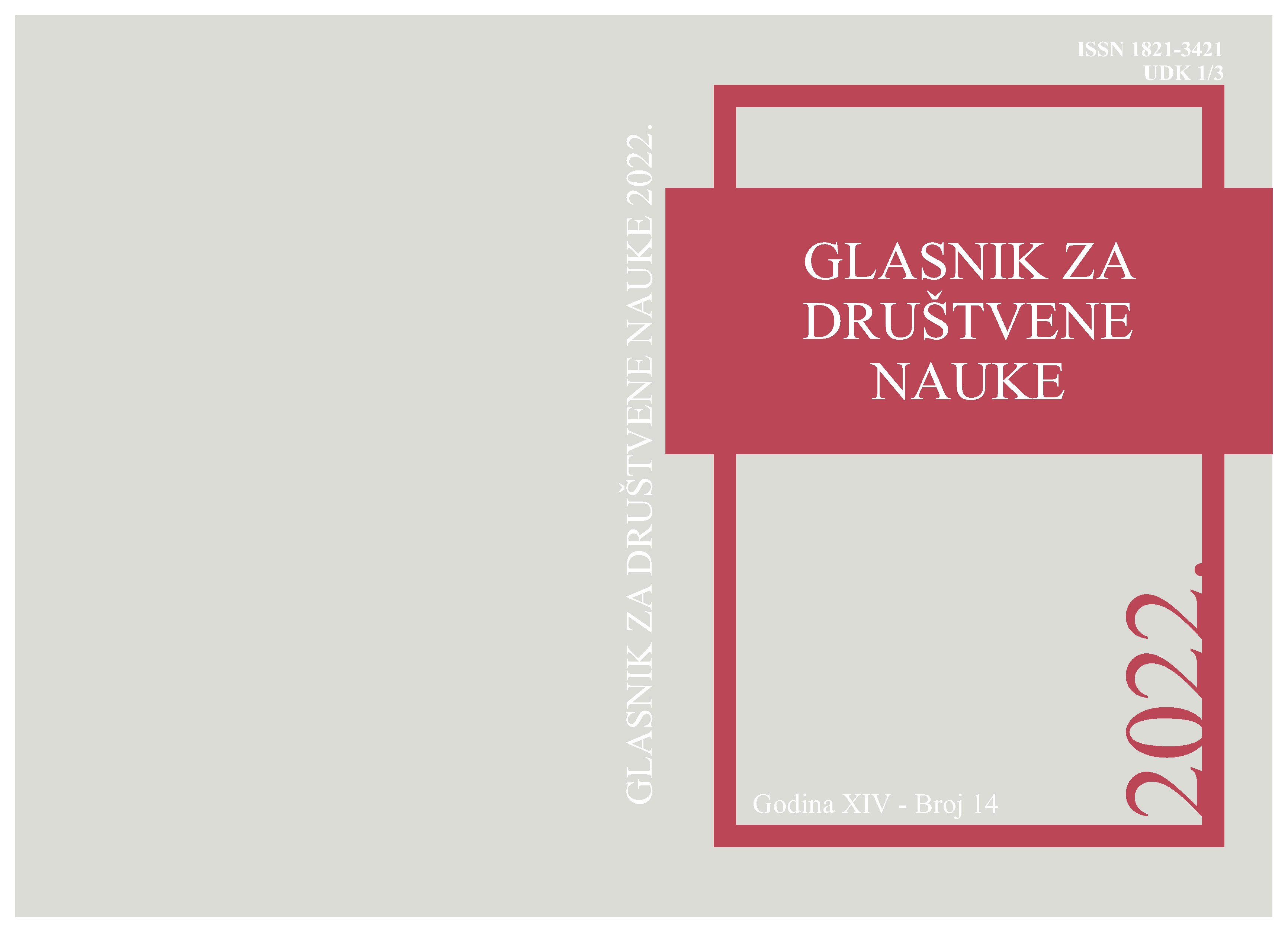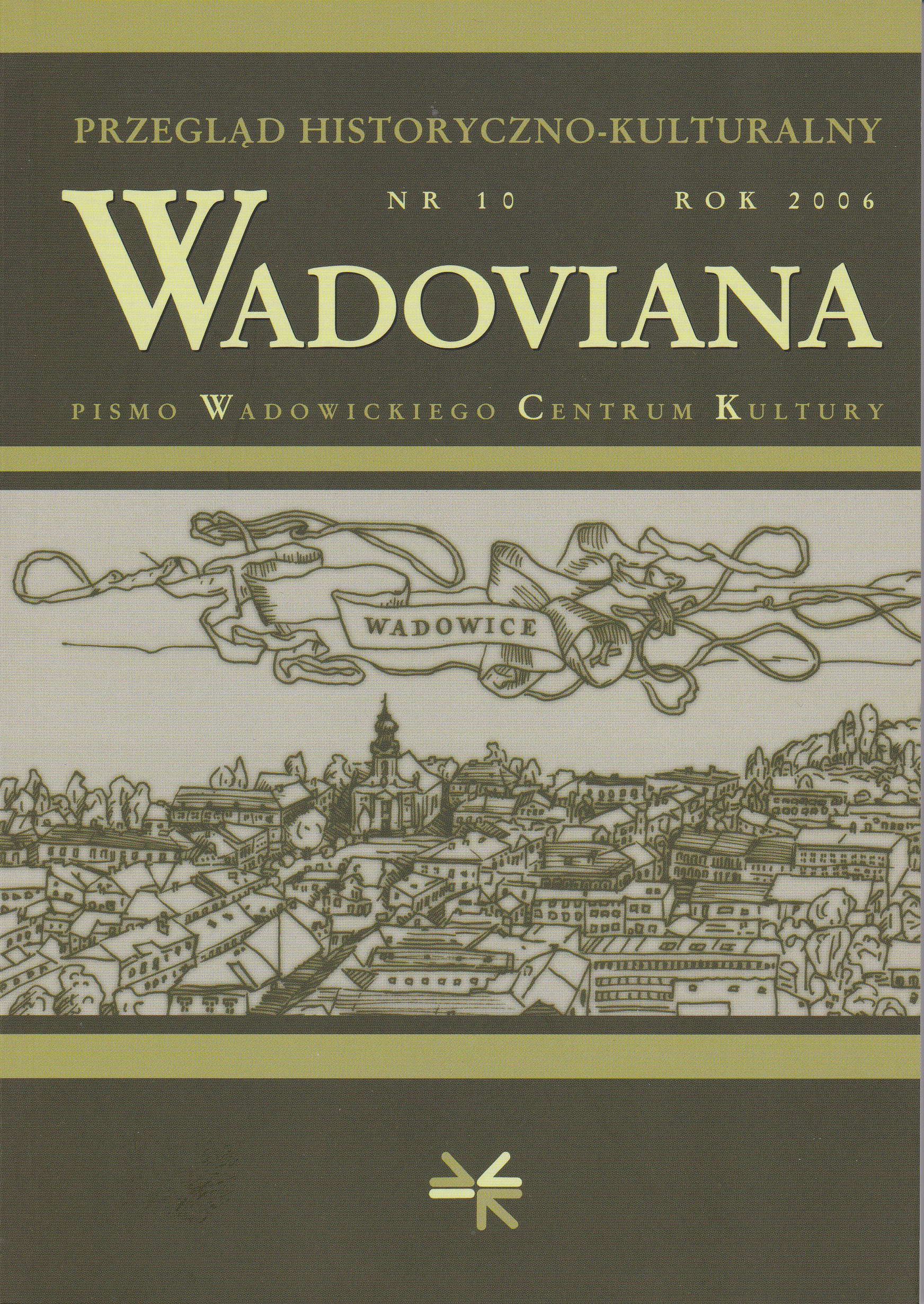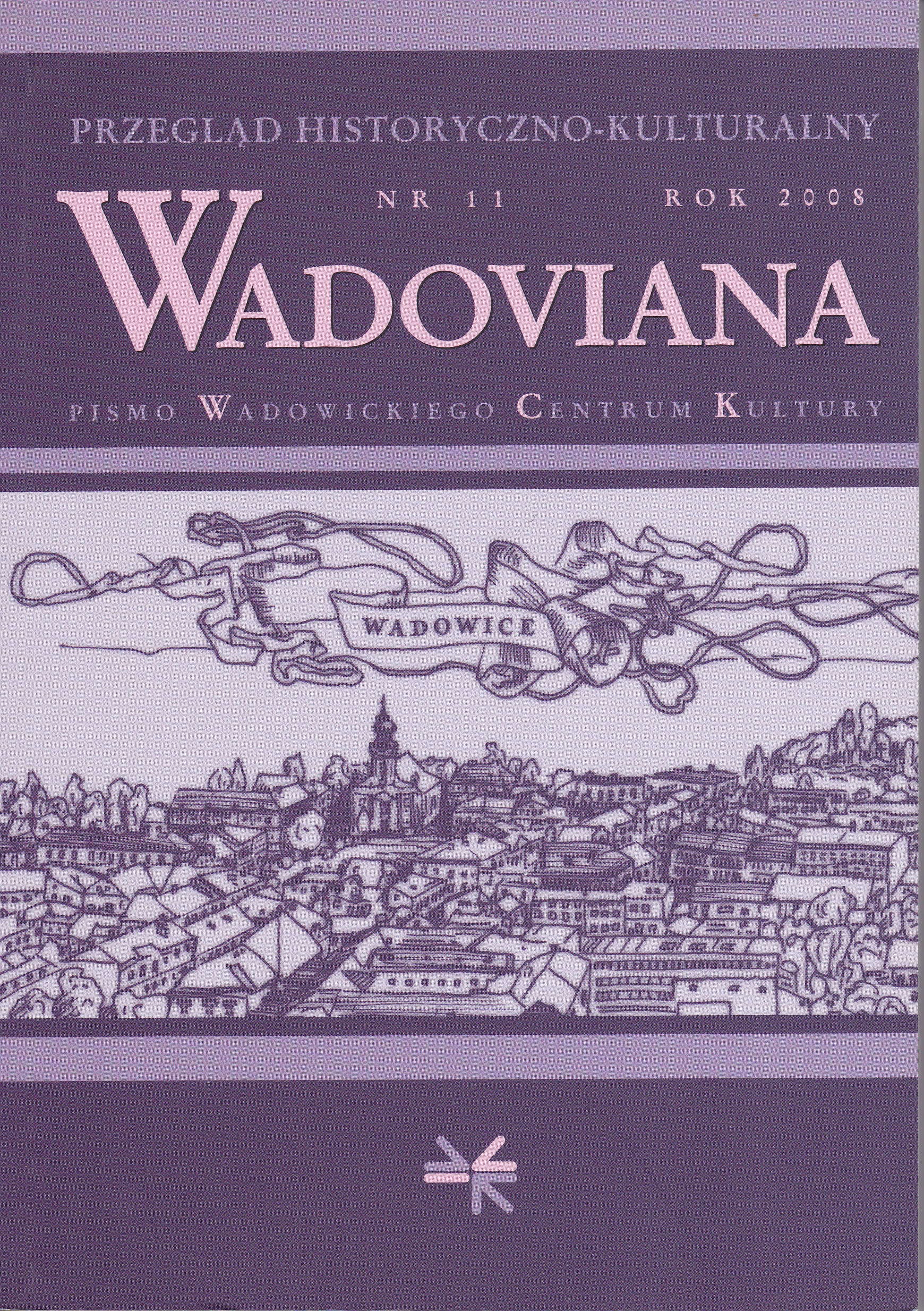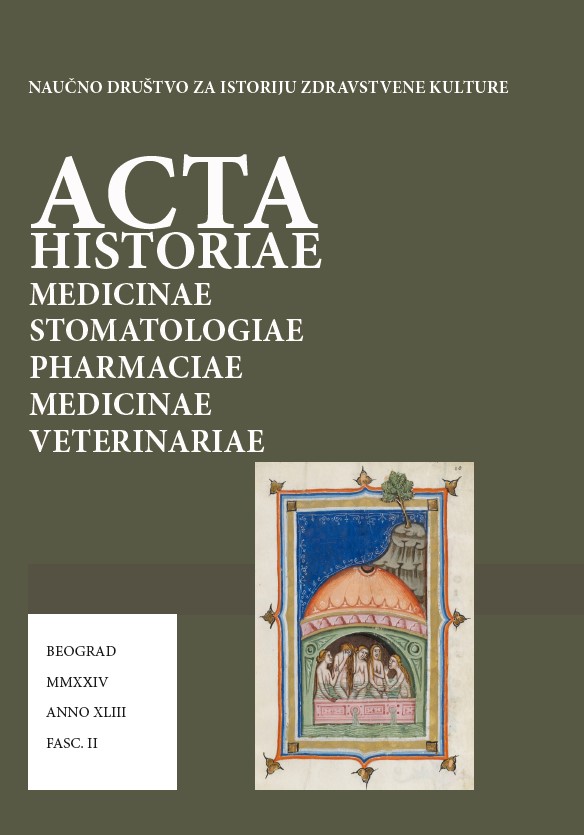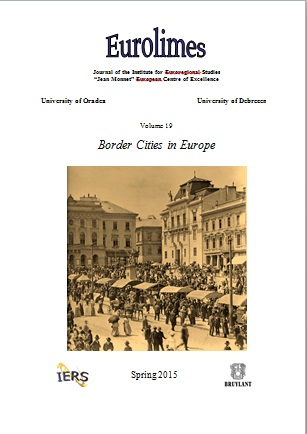
Borderland Identities of Bratislava: Balancing between Slovaks, Germans and Hungarians in the Second Half of the 19th Century
The article regards the urban space of Bratislava as an area contested by several national groups with their competing state-building strategies in the second half of the 19th century, when the city’s status of a cultural and social crossroad started to be challenged by its’ inhabitants and their respective political agendas. While offering a category of a “mental borderland” rather than a geographical one, the paper investigates the ways in which the three major groups living in the city attempted to claim it, presenting it as a centre of their culture, while reinterpreting its landscape and history. Although the case of Bratislava-Pressburg -Pozsony fits into the context of entangled histories, connecting the social and cultural networks of the region, the approach used in the current article is more comparative, since it regards the Slovaks, Germans and Hungarians as opposing parties, whose status of a “privileged” group was changing radically during the decades. The idea of resistance is highlighted as a driving mechanism of one’s group’s successful claim. Moreover, borders are seen as categories that are socially produced within the multinational and multicultural environment of Bratislava. The article states that the city’s diverse character and multiple legacies were successfully claimed by groups most accustomed to “resisting” its “privileged” and “better standing” opponents. Therefore, the previously widely underestimated Slovak population finally turned Bratislava into its capital in the beginning of the 20th century.
More...
![Veselin Kostić, Britanija i Srbija: kontakti, veze i odnosi 1700–1860 [Great Britain and Serbia: Contacts, connections and relations 1700–1860]. Belgrade: Arhipelag, 2014, 536 p.](/api/image/getissuecoverimage?id=picture_2015_22003.jpg)

